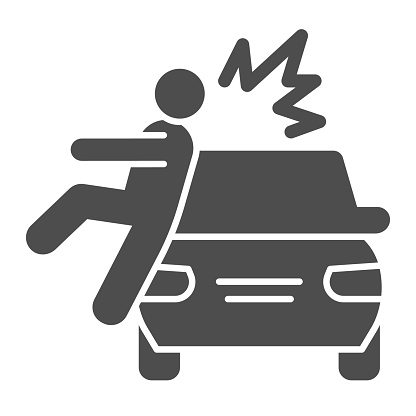And looking at 60km/h, that’s 17m/s and they are claiming a 43m stopping distance. That would be like hitting the breaks and your car just slides on the pavement for 2.5 seconds, traveling the distance of an Olympic swimming pool, before stopping. That’s only reasonable in the worst possible driving conditions. Or maybe with an enormous and heavily loaded vehicle?
Or maybe I’m being too optimistic here? Maybe these are numbers from actual accidents and in real life people hit the break slowly at first and stuff like that?













I get that my performance will change depending on whether I’m expecting a test or not. But I think if my car has its breaks slammed, it’s going to stop in less than 9m starting at 30km/h, regardless of whether it’s expecting it or not. It’s the stopping distance that I’m feeling is larger than it should be.
A couple questions. Is the stopping distance in this diagram the distance the car travels after the driver has completed their reaction time and started hitting the breaks? And where does the value from this distance come from?
I wouldn’t have thought to ask you before. A lot of times people just post things they find online that impact them in some way. But you seem to have a lot of knowledge that goes beyond just seeing this image.
And, anecdotally, I was driving late last night and an animal jumped out into the road ahead of me. I would like to avoid hitting an animal just as much as hitting a person. But I didn’t immediately slam on my breaks to stop the car as quickly as possible. I gradually squeezed that break pedal until I was rapidly slowing. So maybe my assumption about stopping distance is wrong. Maybe the car can stop faster, but when driven by average people it doesn’t, simply because average drivers don’t stop optimally.